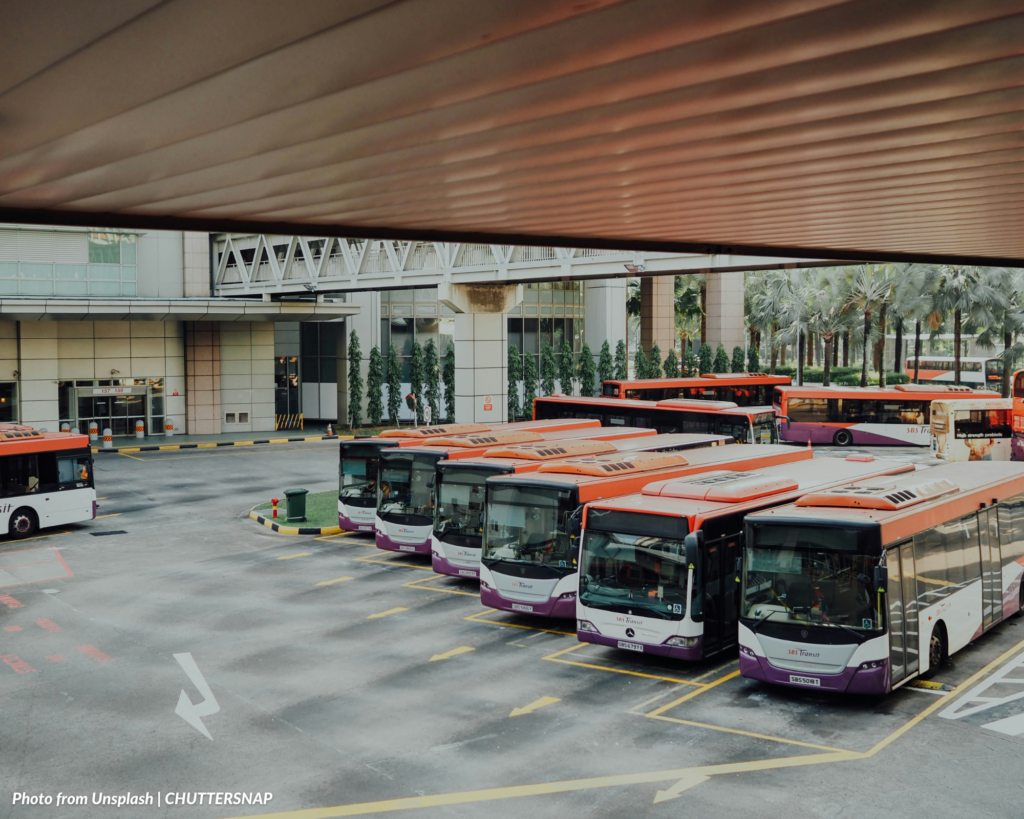
Photo from Unsplash | CHUTTERSNAP
The following post does not create a lawyer-client relationship between Alburo Alburo and Associates Law Offices (or any of its lawyers) and the reader. It is still best for you to engage the services of a lawyer or you may directly contact and consult Alburo Alburo and Associates Law Offices to address your specific legal concerns, if there is any.
Also, the matters contained in the following were written in accordance with the law, rules, and jurisprudence prevailing at the time of writing and posting, and do not include any future developments on the subject matter under discussion.
AT A GLANCE:
The extraordinary responsibility of the common carrier lasts from the time the goods are unconditionally placed in the possession of, and received by the carrier for transportation until the same are delivered, actually or constructively, by the carrier to the consignee, or to the person who has a right to receive them, without prejudice to the provisions of Article 1738. (Article 1736, New Civil Code of the Philippines)
The extraordinary liability of the common carrier continues to be operative even during the time the goods are stored in a warehouse of the carrier at the place of destination, until the consignee has been advised of the arrival of the goods and has had reasonable opportunity thereafter to remove them or otherwise dispose of them. (Article 1738, New Civil Code of the Philippines)
Common carriers are obligated to exercise extraordinary diligence over the goods entrusted to their care. This is due to the nature of their business, with the public policy behind it geared toward achieving allocative efficiency and minimizing the inherently inequitable dynamics between the parties to the transaction. (Annie Tan vs. Great Harvest Enterprises, Inc., G.R. No. 220400, March 20, 2019)
Article 1738 contemplates a situation where the goods had already reached their place of destination and are stored in the warehouse of the carrier. However, under Article 1736 the carrier may be relieved of the responsibility for loss or damage to the goods upon actual or constructive delivery of the same by the carrier to the consignee, or to the person who has a right to receive them. (Samar Mining Company, Inc. vs. Nordeutscher Lloyd, G.R. No. L-28673, October 23, 1984)
Common Carriers are Responsible from Pickup to Drop-Off
Delivery companies have to be super careful with your stuff because it’s important to make sure everything arrives safely and on time. The law says they have to go above and beyond to take care of what they’re delivering.
When you hand over your goods to a delivery service or shipping company, they are responsible for taking care of them until they reach their destination. This responsibility starts as soon as they receive the goods and lasts until they are safely delivered to the person they are meant for.
Jurisprudence says:
To be sure, under Article 1736 of the Civil Code, a common carrier’s extraordinary responsibility over the shipper’s goods lasts from the time these goods are unconditionally placed in the possession of, and received by, the carrier for transportation, until they are delivered, actually or constructively, by the carrier to the consignee, or to the person who has a right to receive them. (Keihin-Everett Forwarding Co., Inc. vs. Tokio Marine Malayan Insurance Co., G.R. No. 212107, January 28, 2019)
The duty of common carriers to observe extraordinary diligence in shipping goods does not terminate until delivery to the consignee or to the specific person authorized to receive the shipped goods. Failure to deliver to the person authorized to receive the goods is tantamount to loss of the goods, thereby engendering the common carrier’s liability for loss. Ambiguities in contracts of carriage, which are contracts of adhesion, must be interpreted against the common carrier that prepared these contracts. (Federal Express Corporation vs. Luwalhati Antonino, G.R. No. 199455, June 27, 2018)
When Their Responsibility Ends
In conclusion, the responsibility of the common carriers persists until your belongings are securely in your possession or in the custody of the designated recipient. Until this handover occurs, the delivery company remains liable for any incidents or damages that may affect the goods.
Related Article/s:
Diligence Required of Common Carriers
Alburo Alburo and Associates Law Offices specializes in business law and labor law consulting. For inquiries regarding taxation and taxpayer’s remedies, you may reach us at info@alburolaw.com, or dial us at (02)7745-4391/0917-5772207.
All rights reserved.


